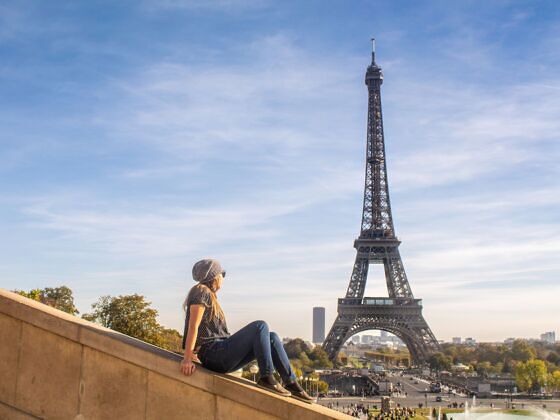EVERY NOVEMBER, I cover my kitchen table with turkey, stuffing, and sweet potato recipes — as well as my well-thumbed — dog-eared collection of holiday cookie magazines, and I make my game plan. For several happy hours, I lose myself in composing menus and shopping lists, comparing recipes for cookie dough and pie crusts, and budgeting time for dry brining turkey and cutting up vegetables.


And in those moments of bliss, I indulge my fantasy of quitting it all and re-inventing myself as a food guru, a la Julia Child.
These fantasies are also partly inspired by that irresistibly hokey movie, Julie and Julia. The film features Amy Adams as a worn-out Manhattanite who’s inspired by Julia Child’s recipes to create an unexpectedly successful blog that leads to an even more successful memoir. Cleverly, the filmmakers intercut this somewhat wan storyline with something much more interesting: the story of how an American housewife named Julia Child became an American culinary and cultural institution named JULIA CHILD.
Curious to learn more, I picked up the source for the “Julia” half of the movie: Child’s travel memoir, My Life in France, co-written with her grand-nephew Alex Prud’homme.
Much like Child’s persona, the book is charming, slightly goofy, and oddly commanding of its audience’s attention. I recognized several of the episodes described in the book from their dramatization on-screen, including the scene of Child’s over-the-top reaction to her first French meal.
One area where the book differs from the movie is in the way it treats the theme of travel as self-reinvention. The movie suggests that Julia Child and France combined in an act of alchemy that transformed an ordinary woman into a force of nature. In other words, it packages a unique story of one person’s life into a familiar travel-as-self-reinvention myth that’s as old as A Room with a View by EM Forster and as current as Eat, Pray, Love.
However, a close read of the book shows the lie behind that myth. For example, even before she arrived in France, Julia Child, though limited in experience, had an amplitude of eagerness for travel and adventure. (In fact, her worldly outlook resulted in a lifelong strained relationship with her Republican father, which is a recurring theme of the book.) Though the book opens with her first trip to France, Child had already had overseas experience during World War II, while stationed in present-day Sri Lanka while working for the OSS, the pre-cursor to the CIA. It was there that she met her husband Paul Child, an OSS colleague who shared Julia’s passion for food and culture.
When Julia arrived in France, she came equipped with qualities that proved important and necessary during her foreign adventures. She was the kind of person who never took no for an answer, who boldly poked her nose into markets and restaurant kitchens and asked for details, never bothering to worry about or feel ashamed of her broken French, always determined to communicate.
It’s easy to turn a story like Julia Child’s into one of the classic delusions of travel. Many of us, at our most disappointed moments in our lives, dream that if we just moved somewhere else entirely new, we could live a different life.
Yet the truth of travel is that no matter where we go, there’s one thing we’re always forced to bring with us: ourselves. There is no Great Escape. We always bring our previous lives, worries, anxieties, bad relationships, all packed safe and sound in our heads and hearts. Even the intrepid Julia Child was sometimes overwhelmed by old feelings of resentment after receiving a letter from her dad, which would bring the past she thought she’d forgotten all rushing back.
Travel, like being drunk, does not mask or change your true inner self, but rather it reveals it. A trip may disrupt our daily routine, but only for a little while, until we develop a new daily routine, and then we slide right back into our old patterns, but in new guises. Only the wallpaper’s different.
If we expect place to do the hard work of character building, our trips will always turn out to be failures. And, in fact, I believe this is the reason why most travel is ultimately disappointing: because it can never live up to our unrealistic expectations.
Julia Child’s story may seem more thrilling, but Julie Powell’s story is actually the one that’s easier to learn from. Because we are free to reinvent ourselves no matter where we are.
In the words of author and New Age philosopher Byron Katie: True happiness knows no conditions; it’s our birthright.